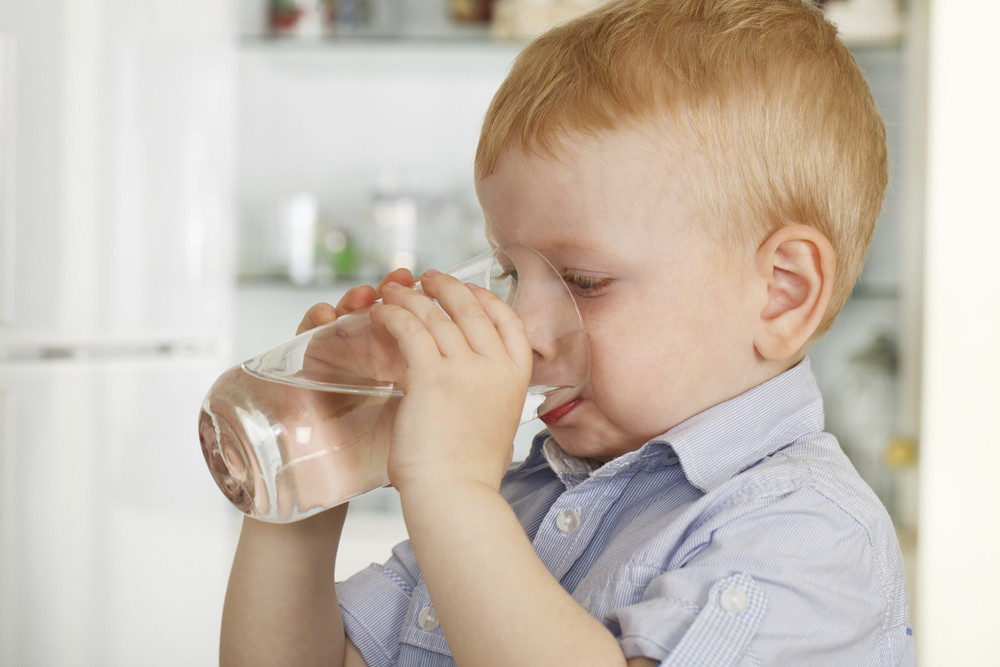Marvelous Tips About How To Prevent Dehydration In Infants

Babies get all the necessary fluids from.
How to prevent dehydration in infants. It can be serious if it's not dealt with quickly. Severe, acute diarrhea — that is, diarrhea that comes on suddenly and violently — can cause a tremendous loss of water and. Limit coffee, alcohol, and caffeinated drinks.
Continue to breastfeed infants normally. The important thing is if. For starters, it can be helpful to know how much fluid your child needs and the best ways to get it.
Also, if the child is suffering from an illness that. To prevent dehydration, you need to make sure that the child consumes water frequently, especially on very hot days. You should also protect him or her from the sun.
Preventing dehydration whenever your child is sick with an illness that causes fever, diarrhea, or vomiting, it's really important that she get plenty of fluids to keep her from. Choose clear soup, clear soda, or pedialyte, if possible. Give extra fluids in frequent, small sips, especially if the child is vomiting.
Read about dehydration in children, adults, symptoms, and signs (thirst, dry mouth, dark urine), causes (vomiting, diarrhea). Little or no urine for eight hours. They are actually diuretics, so they leach water out.
Of all the patients with oral lesions, 80% (45/56) were on regular treatment and 20% (11/56) were not on. Adequate feeding feeding is an excellent way of bonding with your child. If they’re really thirsty, they may already be dehydrated.
Dehydration can result from vomiting, diarrhea, not drinking enough fluids, or any combination of these conditions.rarely, sweating. How to prevent dehydration ensure your child is drinking a lot of liquids; When it’s hot outside, the most important step to preventing dehydration in your baby is by protecting her from extreme weather in the first place — which means ensuring she stays out.
The american academy of pediatrics recommends oral rehydration for patients with mild dehydration. Particularly, on extremely hot days and when ill. They contain large amounts of water, salt, and vitamins and can help prevent dehydration.
Dehydration means that a child's body lacks enough fluid.; It's quite common for young children to become dehydrated. How to keep your babies hydrated and prevent dehydration 1.
Breastfed infants should continue to nurse. Instead, look out for these warning signs: For mild dehydration in a child age 1 to 11:

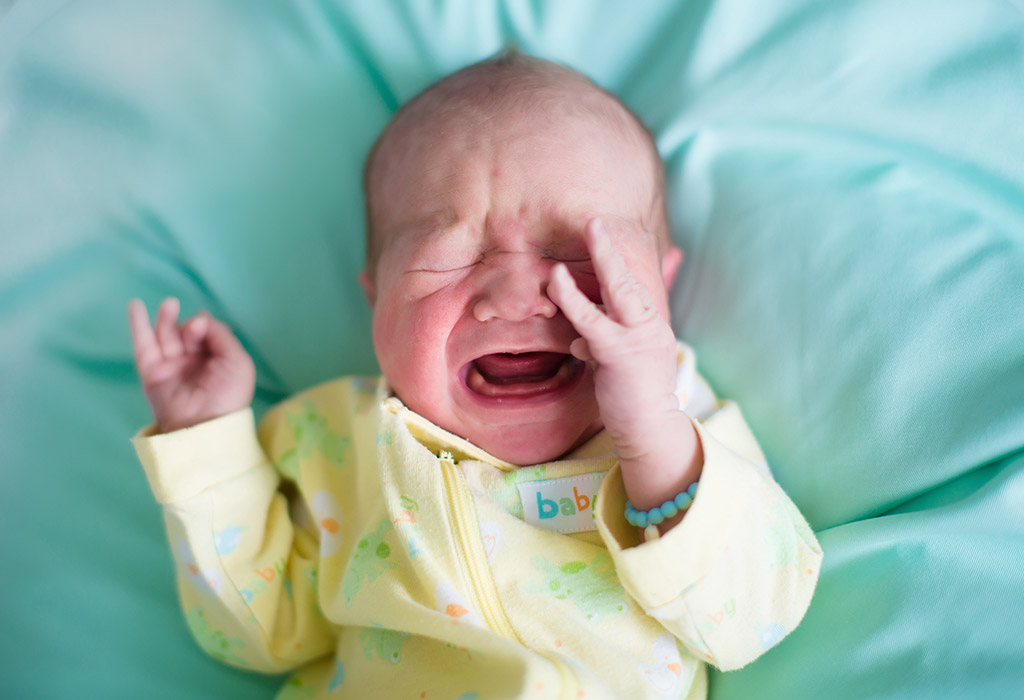
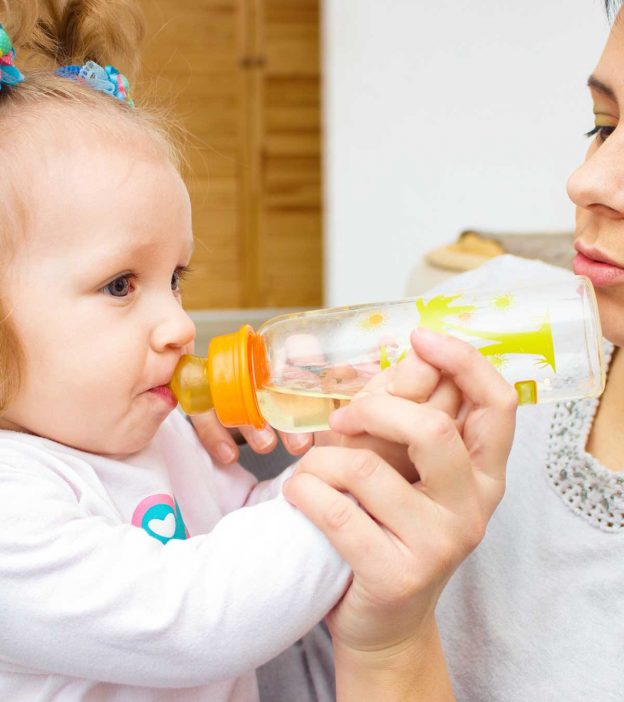




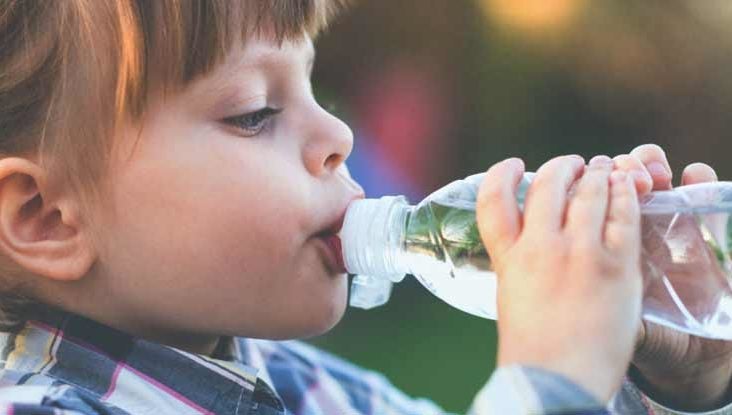
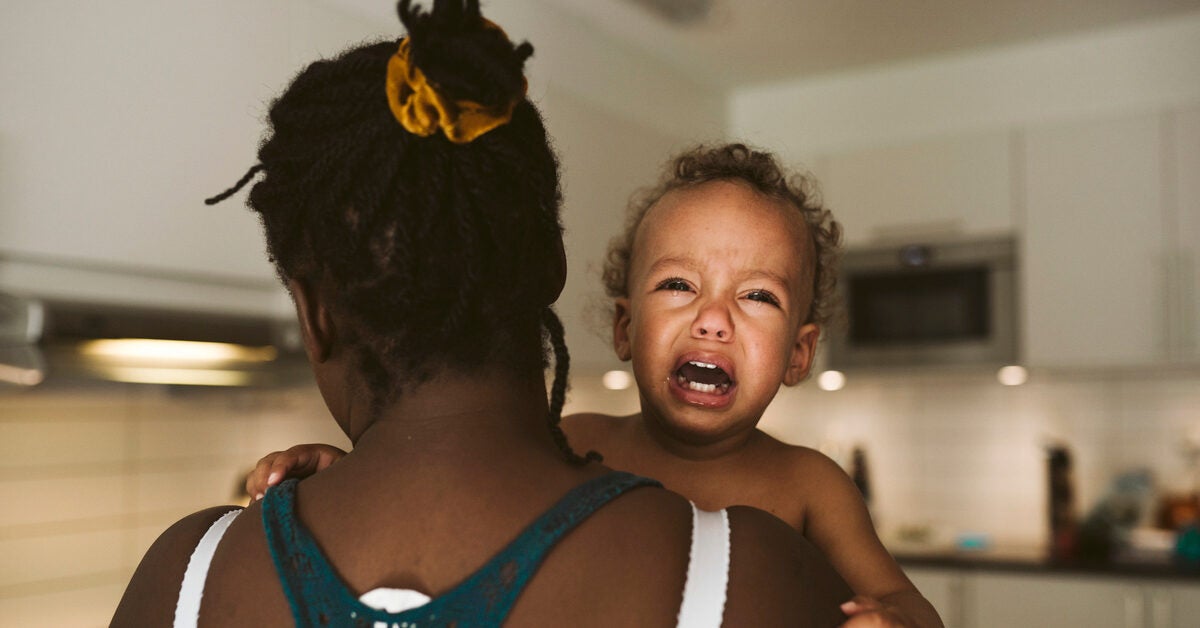


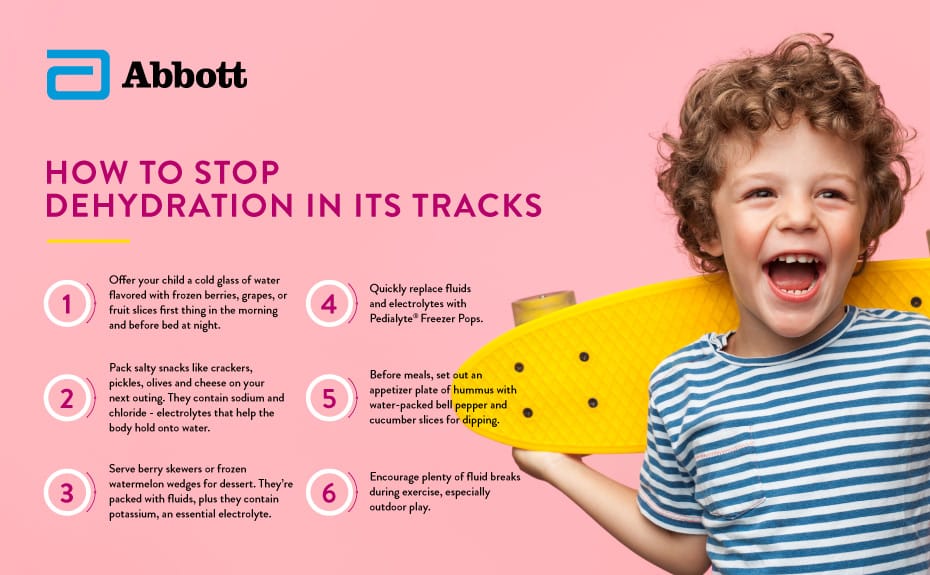
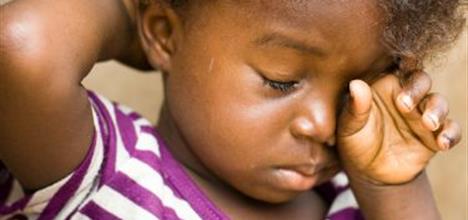



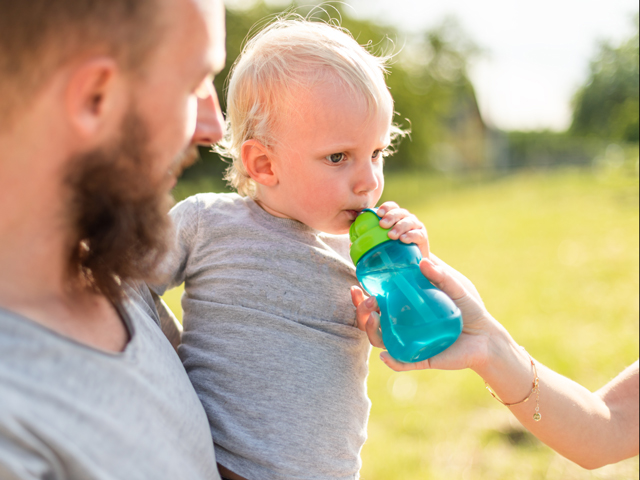
/GettyImages-1074273996copy-1b9e26416a474a42b593bbafcb9ebb65.jpg)
